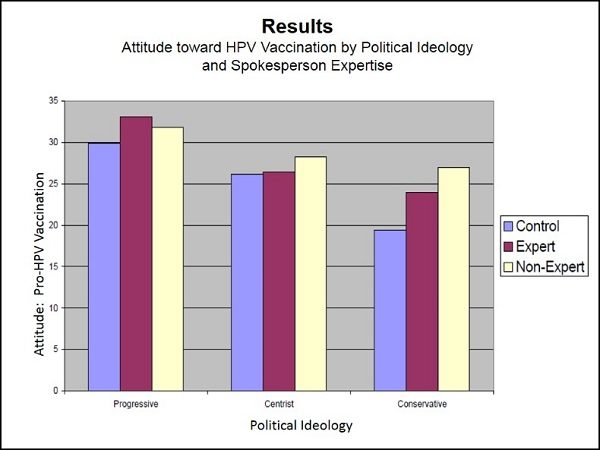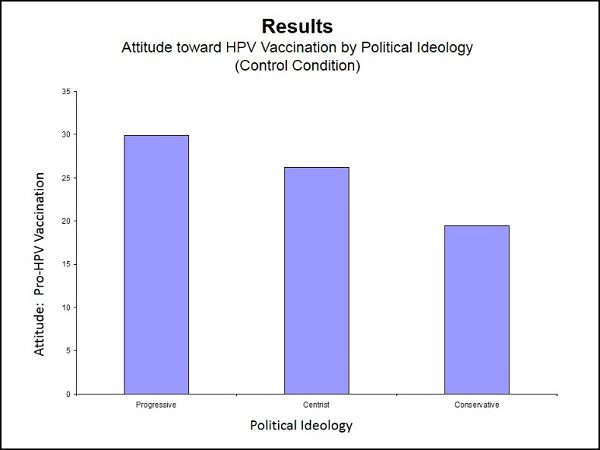July 3, 2014 / Leave a comment
A few years ago, the company I was working for moved its offices from Troy NY to Albany NY. To get to the new offices, I needed to stay on Route I-90 all the way to exit 1 (I-87) instead of getting off at exit 7 (I-787), the turn-off for Troy, which I had been […]
Continue Reading →
July 2, 2014 / Leave a comment
Right now, amid so many depressing reports about the demise of our nation’s economic, health care and education systems, there are still two areas in which we remain the clear world leader: incarceration and obesity. Is there a connection? Since the 1980s and the Reagan administration, the prevailing government approach to behavioral issues such as […]
Continue Reading →



